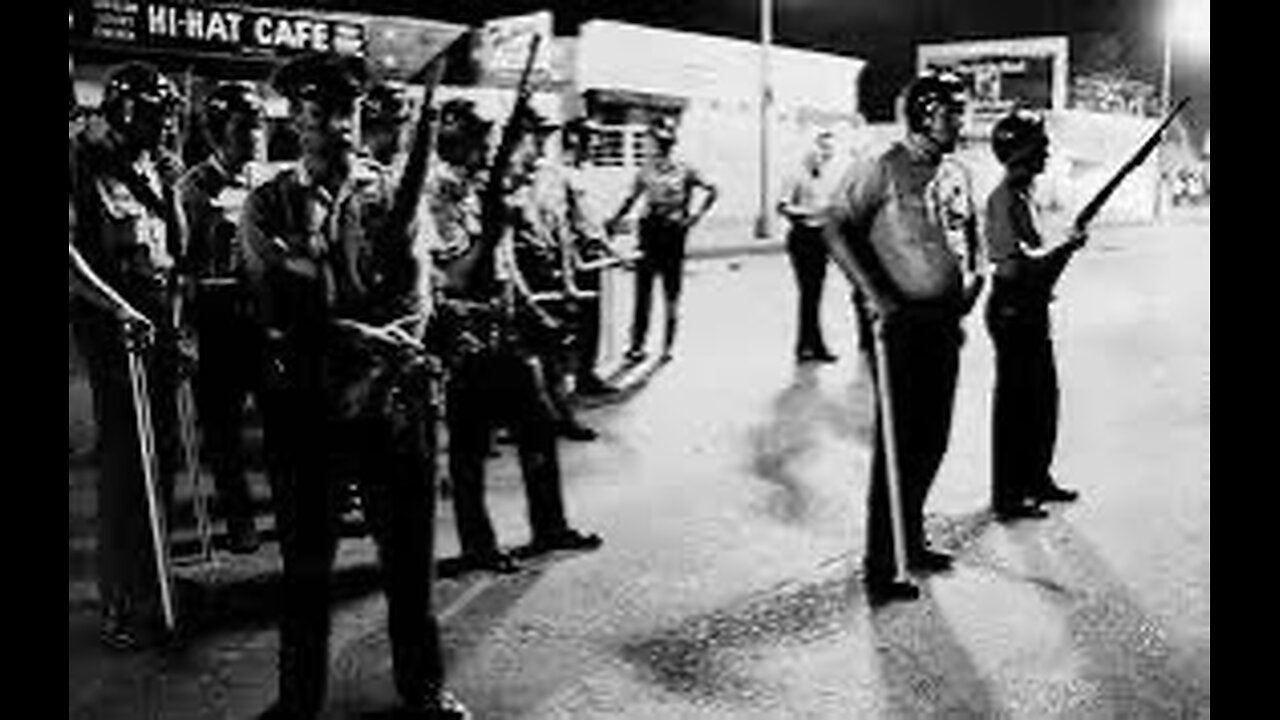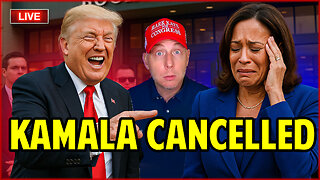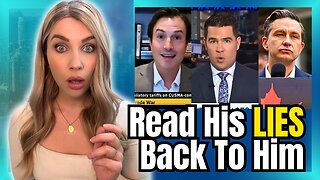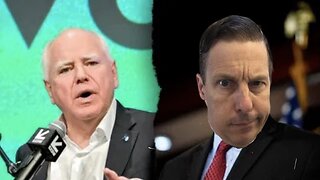Premium Only Content

DAC- Unrest in Urban America: Remembering the 1967 Minneapolis Riots
In the scorching heat of the summer of 1967, a wave of unrest swept across cities in the United States, leaving a trail of destruction and division. Among the 159 riots that erupted during this turbulent period, one of the most notable took place in Minneapolis, Minnesota, on July 20th.
North Minneapolis, known for its diverse Jewish and African American communities, became the epicenter of widespread violence. The catalyst for the unrest varied, with reports ranging from a police mishandling of a teen dispute over a wig to allegations of a premeditated plot orchestrated by Black Panther leader Stokely Carmichael. Regardless of its origins, the tension simmering beneath the surface exploded into chaos.
Rock and bottle-throwing at law enforcement officers became a common sight, and fires ravaged businesses along Plymouth Avenue, leaving behind a landscape of devastation. The community, already grappling with systemic inequalities and racial tensions, found itself in the throes of turmoil,
As the situation escalated, Arthur Naftalin, the mayor of Minneapolis, turned to Governor Harold LeVander for assistance. The Minnesota National Guard was deployed to restore order, but the violence persisted for three days. In the aftermath, 26 arrests were made, and 24 individuals were injured. Remarkably, there were no fatalities, but the toll on the community was profound.
Public and private property suffered extensive damage, with the cost estimated at a staggering $4.2 million. The scars left by the riots would linger for years, serving as a stark reminder of the deep-seated issues of inequality and injustice that plagued urban America.
For conservative voices in the urban landscape, the events of 1967 serve as a cautionary tale about the dangers of unchecked unrest and the importance of upholding law and order. It's a reminder that while grievances may be legitimate, resorting to violence only exacerbates the underlying problems and undermines the fabric of society.
In reflecting on the Minneapolis riots of 1967, it's essential to acknowledge the complex factors at play and strive for a more nuanced understanding of history. By examining the root causes of unrest and working towards constructive solutions, we can move towards a future where all communities have the opportunity to thrive.
As we navigate the challenges of our time, let us heed the lessons of the past and strive to build a more just and equitable society for generations to come.
-
 1:33:32
1:33:32
The Quartering
5 hours agoContest Winners Picked, More Trans Attacks, SNL Collapsing, Raja Jackson STILL Not Arrested!
184K162 -
 1:19:44
1:19:44
Mark Kaye
5 hours ago🔴 Kamala FURIOUS Over Trump's Latest Move!
18.3K9 -
 LIVE
LIVE
LumpyPotatoX2
2 hours agoSkate: Early Access - #RumbleGaming
63 watching -
 21:14
21:14
Jasmin Laine
3 hours ago“Absolute Nonsense Policy”—CBC Guest DROPS Savage TRUTH! Poilievre LEAVES Reporters SPEECHLESS
10.8K12 -
 LIVE
LIVE
LFA TV
11 hours agoLFA TV ALL DAY STREAM - FRIDAY 8/29/25
1,272 watching -
 2:01:48
2:01:48
The Charlie Kirk Show
5 hours agoZero Percent Approval Democrats + Two Million Deportations | Bergquam, Sec. Noem, Bowyer | 8.29.2025
73.3K33 -
 1:52:52
1:52:52
Tucker Carlson
4 hours agoSSRIs and School Shootings, FDA Corruption, and Why Everyone on Anti-Depressants Is Totally Unhappy
60.9K83 -
 2:18:15
2:18:15
Side Scrollers Podcast
6 hours agoBlizzard BANS Player for Saying “n00b” + Cracker Barrel Ends PRIDE Funding + MORE | Side Scrollers
31.5K19 -
 1:01:05
1:01:05
Jeff Ahern
3 hours ago $0.55 earnedFriday Freak out with Jeff Ahern
14.7K1 -
 LIVE
LIVE
Reidboyy
3 hours ago $0.98 earnedHow To Make $$$ in Delta Force Console Operations!
68 watching